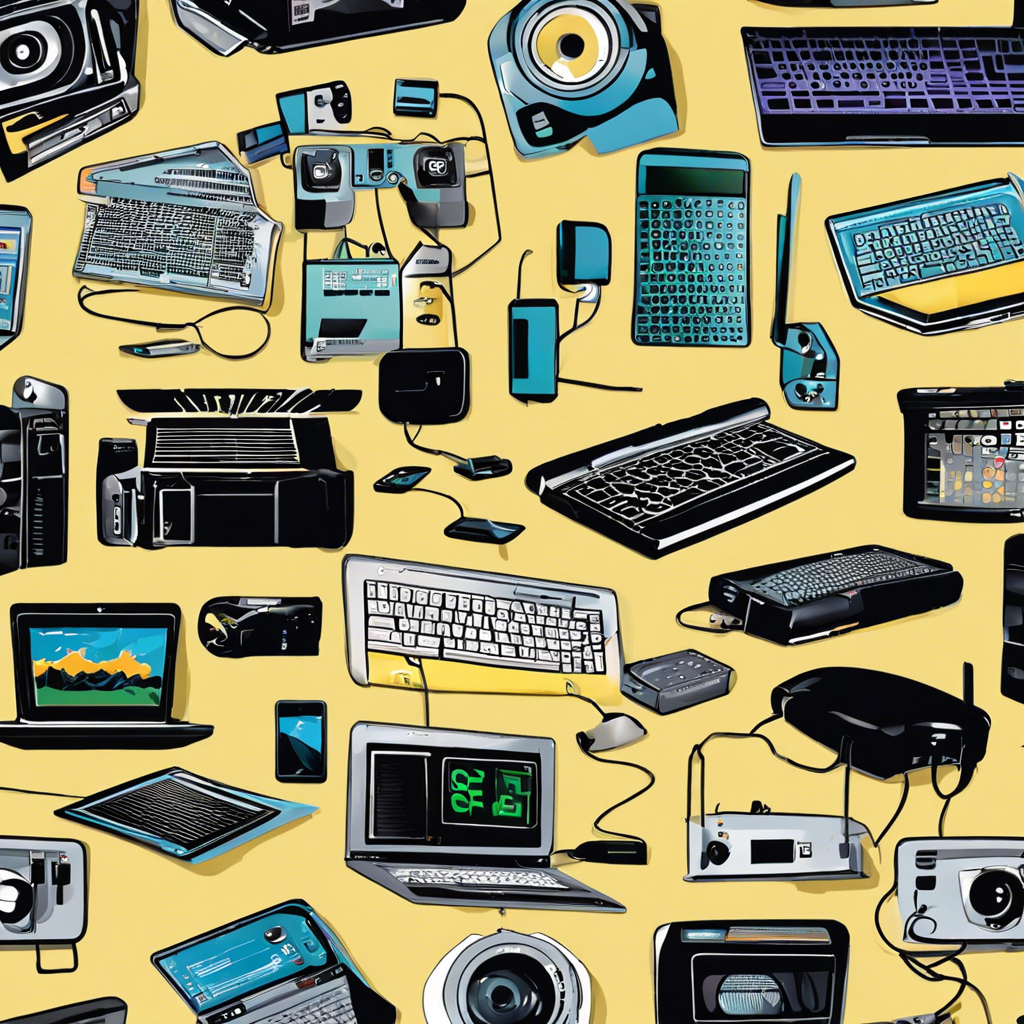The tech world is full of jargon and acronyms that can often leave consumers scratching their heads in confusion. With new gadgets and gizmos hitting the market daily, it’s hard to keep up with the lingo. But fear not! We’re here to decode 15 common tech terms that every gadget user should know. Whether you’re a seasoned tech enthusiast or just starting to dip your toes into the world of technology, these explanations will help you navigate the gadget landscape like a pro.
First up, we have “AI,” which stands for Artificial Intelligence. AI is everywhere these days, from your smartphone’s virtual assistant to self-driving cars. In simple terms, AI refers to the ability of machines to mimic human intelligence and learn from their surroundings. AI enables devices to recognize patterns, understand natural language, and make decisions based on data.
Closely linked to AI is “Machine Learning,” which is the process by which computers can learn and improve over time, without being explicitly programmed. Machine learning algorithms allow computers to automatically learn from data, identify patterns, and generate insights or predictions. This technology is what powers facial recognition systems and enables your email spam filter to get better at catching those unwanted messages.
“Deep Learning” is a subset of machine learning that enables computers to learn and make decisions in a way that mimics the human brain. This is achieved through the use of artificial neural networks, which are structured similarly to the neural networks in our brains. Deep learning has revolutionized areas such as image and speech recognition, natural language processing, and self-driving vehicles.
You’ve likely heard the term “Internet of Things” or IoT. This refers to the vast network of physical devices, vehicles, and other items embedded with sensors, software, and connectivity that enables them to connect and exchange data over the internet. From smart home devices like thermostats and lighting systems to wearable fitness trackers, the IoT encompasses the growing number of connected devices that are making our lives more convenient and efficient.
Another important term to know is “Cloud Computing.” This refers to the delivery of computing services, such as storage, databases, and software, over the Internet (“the cloud”). Cloud computing allows users to access their data and applications from anywhere, on any device, without the need for local storage or powerful hardware. Many of us rely on cloud storage for our photos, documents, and music, often without even realizing it!
“Big Data” is a buzzword that gets thrown around a lot, but what does it really mean? Simply put, big data refers to large volumes of structured, unstructured, and semi-structured data that can be analyzed to reveal patterns and insights. This data is too complex and vast to be processed using traditional methods. By analyzing big data, companies can make better decisions, improve products and services, and identify trends in consumer behavior.
Cybersecurity is a critical aspect of the digital age, and a term you should know in this domain is “Firewall.” A firewall is a network security system that monitors and controls the incoming and outgoing network traffic based on predetermined security rules. It acts as a barrier between a trusted network and untrusted networks, like the public internet, and helps block unauthorized access, protecting your data from potential threats and malicious activity.
When it comes to your online activity and personal information, “VPN” is an acronym you’ll want to know. Standing for Virtual Private Network, a VPN creates a secure, encrypted connection over a less secure network, such as the public internet. VPNs are often used to protect sensitive data, hide your IP address, and even access region-restricted websites or content. With remote work and online privacy concerns on the rise, VPNs have become increasingly popular.
There you have it! Now you can navigate the tech landscape with a stronger understanding of the jargon. These terms are just the tip of the iceberg, but they provide a solid foundation for any gadget user. Stay tuned for more tech insights and explanations, and remember, knowledge is power in the digital realm!
